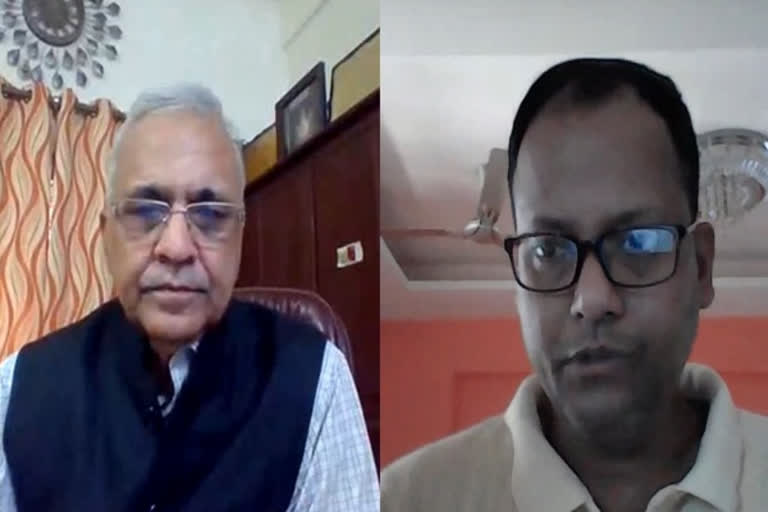New Delhi:Resumption of metro rail service in India could be a matter of concern following the fact rural areas especially villages surrounding large cities are now open for transmission of COVID-19 infection, said a senior official from Indian Council of Medical Research (ICMR) to ETV Bharat on Monday.
“New cases will come up from villages surrounding large cities where mobility of urban congregations is high. Also, those villages alongside highways. Several new metro and district level places may also witness large cases,” said the official from India’s apex medical research organization on condition of anonymity.
In the Unlock phase 4 guidelines which will come into effect from September 1, the central government has allowed resumption of metro rail from September 7 albeit with maximum safety precautions.
The official said that involvement of community through community mobilization for following COVID appropriate behaviour is very much necessary to strengthen cooperative society movement “so that not everybody needs to go to larger cities to sell and earn a livelihood.”
Though there are no findings till date that COVID-19 is airborne, studies suggest that the virus may live for a longer duration in the form of aerosol especially in crowded spaces with poor ventilation.
The ICMR official suggested early referral of symptomatic cases in the rural areas to nearby hospitals as they do not have good hospital facilities. “Contact tracing and isolation should also need to be strengthened,” he said.
Also read:Adani Group to acquire GVK's stake in Mumbai airport; total shareholding rises to 74%
A sero-survey compiled by ICMR in May has said that the risk of people contracting the virus in urban slums was 1.89 times higher than the rural areas, while the risk in other urban areas was 1.09 times higher compared to rural areas.
The sero-survey was done by ICMR in collaboration with state health departments, NCDC, and the World Health Organisation (WHO)
However, the latest trend of virus transmission has revealed that the infection is now spreading in rural areas. And this trend is very different from that seen in the initial months of the pandemic when the cases were largely in the urban areas, especially from Delhi, Mumbai and Chennai.
